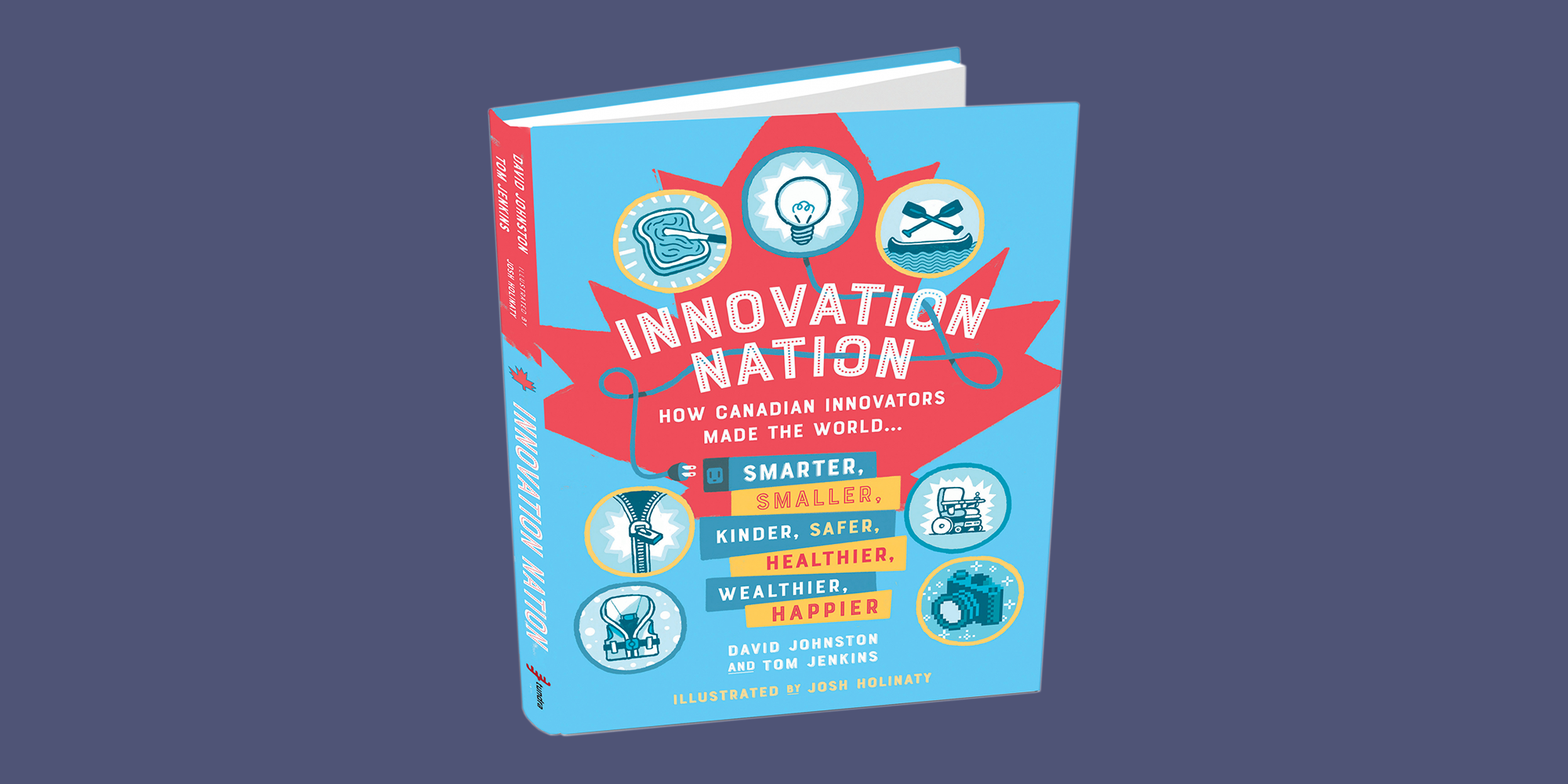PlayStation Plus Premium will give players access to a library of classic PlayStation, PS2, and PS3 titles starting this June, which is exciting as the PS5 only is backward compatible with the PS4 currently. Unfortunately, it comes with a caveat: All PS3 games must be streamed from the cloud and can’t be played natively on the console.
We’re over 15 years removed from the PS3’s launch, and there’s still no good way to play many classic PS3 titles like Infamous or Metal Gear Solid 4 on modern platforms. Sony is content to continue PlayStation Now’s approach to PS3 gaming with PlayStation Plus Premium. This stands out when Xbox and Nintendo are doing a relatively good job at natively emulating or remastering games from older systems for modern platforms.
To learn why PS3 games are so hard to bring to modern consoles, I spoke to Whatcookie, a contributor for the popular PS3 emulator RPCS3. Whatcookie, who chose not to share his name, is also known for creating a 60 frames per second patch for the PS3 version of Demon’s Souls. He broke down what makes PS3 emulation particularly frustrating and sheds some light on why Sony is content with streaming PS3 games from the cloud instead.
CELL it
The system architectures of the PS4 and PS5 are so similar that isn’t much of a problem to run PS4 titles on Sony’s latest system, with a couple of exceptions. Compared to that, the PS3 has a different CPU that has more in common with the PS2 than Sony’s modern systems.
In short, PS3’s CELL microprocessor had some very unique capabilities, which meant that developers over-relied on the CPU at the time. This approach ultimately makes PS3 games harder to emulate. Whatcookie broke this all down for Digital Trends in greater detail.

“The Emotion Engine from the PS2 as well as the CELL in the PS3 are both built to do floating point math as fast as possible, to the detriment of other aspects of performance,” Whatcookie explains. “The CELL even surpasses the PS4’s CPU in terms of floating-point performance but loses out on every other measurable aspect of performance.”
The uniquely powerful CPU of the PS3 already makes it an odd system, but the PS3 could also move 128 bytes atomically and had a weaker GPU than the Xbox 360. This combination led to a weird post-processing workaround for developers that Whatcookie called “unfriendly to emulation,” where developers would offload post-processing to the CPU.
“This means moving a rendered image from the GPU over to main memory, emulating the post-processing code, and finally moving the image back to the GPU’s memory from main memory, where the GPU will draw the UI over the processed image and finally present that image to the screen,” Whatcookie says. “This type of round trip is very unfriendly to modern GPUs, where post-processing a 720p image would likely be faster than moving the image to main memory, never mind all the other steps.”
These extra steps on a function that developers would usually contain to the GPU make emulation difficult. Still, a large dedicated team at RPCS3 has put in a lot of work to create a functional emulator for modern PCs. According to Whatcookie, it’s totally possible to get PS3 emulation working on a PS5.
“The PS5’s CPU is a decent deal faster, and combined with the kind of shortcuts that developers of commercial emulators make — the official PS2 emulator on PS4 has many game-specific patches and hacks — it should be possible to achieve full speed on whatever games they choose to release.”
So why doesn’t Sony put in the effort to address these issues and get proper PS3 emulation up and running on PS5?
Just because you can…

Getting PS3 emulation to work natively on PS5 is possible from a technical perspective, so that’s not why Sony isn’t taking that approach with PlayStation Plus Premium. Sony’s decision to stick with cloud technology for PS3 games appears to be a time, cost, and effort problem.
Whatcookie points out that Sony only needs to emulate certain games so that investment might not be worth it.
“Community-based emulators like RPCS3 aim to run 100% of the console’s library, but commercial emulators only need to emulate the limited percentage of the library which is licensed for resale online,” he says. “The biggest barrier to this approach is that the game-specific work needed may approach the cost of just porting the game. Considering that the performance is always going to be below a native port, it becomes difficult to justify.”
“The bigger impact on progress is always going to be the activity of developers, and not the difficulty of emulating a specific system.”
In an age where high-priced remasters and rereleases are coming, creating native emulation for these games on a service only some hardcore fans will use likely doesn’t have a great return on investment. As Sony already has pre-existing PS3 cloud gaming tech with PlayStation Now, Whatcookie points out that going back to the drawing board with emulation isn’t worth the effort.
“When you consider that the PS3 is already available via PS Now, and a large majority of the best selling PS3 titles are already playable on PS5 via PS4 remasters, it becomes difficult to justify the cost of building an emulator vs. porting whatever games aren’t yet on PS4 or PS5,” he says.
If Sony is going to emulate a PS3 game for PS5, it’d likely be a more worthwhile and lucrative effort to remaster the game. Still, sticking with streaming for PS3 games on PlayStation Plus Premium is quite disappointing for fans of game preservation, those who don’t have access to the technology, and those who just don’t like cloud gaming.

While the PS3 is certainly an odd beast due to how its CPU and GPU work, RPCS3 shows PS3 emulation can work on modern PCs and that technical issues aren’t what’s holding emulation and game preservation back on modern Sony consoles. As Whatacookie plainly asserts, that effort is on Sony and developers.
“Most platforms are challenging to emulate,” he said. “The largest barrier to progress in emulation is the number of developers willing and able to work on emulation for a given system … Since all emulation is hard, not just PS3 emulation, the bigger impact on progress is always going to be the activity of developers, and not the difficulty of emulating a specific system.”
Editors’ Recommendations







